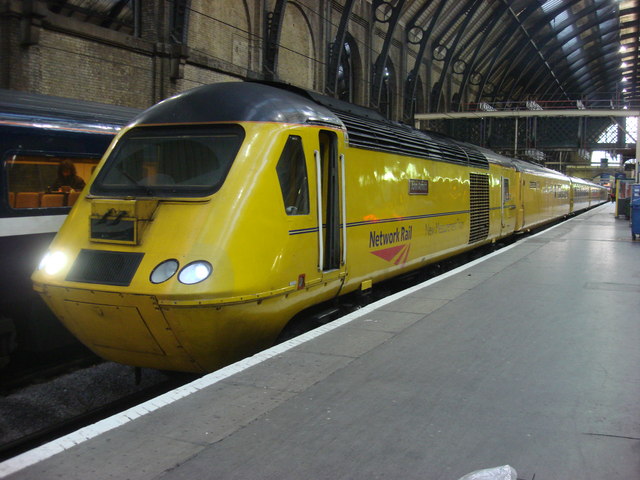
Passengers fed up with losing signal on train journeys may soon see relief, as Network Rail has pledged to eliminate mobile blackspots on several major railway lines and tunnels by 2028.
The government-owned rail infrastructure body has partnered with two private telecoms firms to enhance 4G and 5G coverage on trains and in stations across the country. The Department for Transport (DfT) announced that work will begin in 2026, with the aim of transforming travel for passengers tired of dropped calls and weak internet connections.
Because improvements can only be made when trains are not running, the project will take around three years to complete.
Project reach: upgrading the rails
Dubbed Project Reach, the initiative will begin with the installation of 1,000km (621 miles) of ultra-fast fibre optic cable. Initial focus will be on key routes like the East Coast Main Line (from London King’s Cross to Newcastle) and the West Coast Main Line (from London to Manchester).
Telecoms provider Neos Networks will also lay cable along the Great Western Main Line (London to Cardiff) and the Chiltern Main Line. The government says there are plans to extend coverage to over 5,000km of track in the future, though no timeline has been set.
Boosting business productivity
Improved onboard connectivity could be a major productivity boost. Alan Thomas, CEO of Manchester-based insurer Ripe, told the BBC’s Today programme that turning travel time into productive time would be a huge benefit for employees and small business owners.
“It might only be a couple of hours on the train, but that time becomes really valuable,” he said. “For entrepreneurs and small business owners, being able to work during what’s often dead time is fabulous.”
Tackling tunnel blackspots
A second telecoms company, Freshwave, has been tasked with improving signal in 57 tunnels across the network, totaling nearly 50km in length. This includes the 4km Chipping Sodbury tunnel near Bristol. The upgrades will target tunnels longer than 250 meters on the East Coast, West Coast, and Great Western lines.
Freshwave will work with major mobile operators—BT, O2, Vodafone, and Three—to improve signal not only in tunnels but also in 12 major Network Rail stations, including Birmingham New Street, Bristol Temple Meads, and Edinburgh Waverley.
Private investment, public benefit
Network Rail says the project’s funding model—led by private investment—will save taxpayers roughly £300 million. Rather than spending public money to upgrade old infrastructure, the private telecoms companies will cover the costs.
Jeremy Westlake, Network Rail’s Chief Financial Officer, said the model enables faster upgrades and greater value for taxpayers, while also generating broader economic benefits.
Campaign group Rail Future welcomed the news. Spokesperson Bruce Williamson said improved mobile coverage on trains meets the modern passenger’s expectations: “People live on their smartphones and work on trains. Better connectivity is undoubtedly a good thing.”
A 'game-changer' for travel
Transport Secretary Heidi Alexander praised the project as a “game-changer for passengers,” saying it supports wider goals of economic growth and digital innovation.
“By boosting connectivity and eliminating signal blackspots,” she said, “we're delivering a more reliable, efficient, and modern railway experience for everyone.” Photo by Oxyman, Wikimedia commons.









































